Table of Contents
When it comes to blood pressure, you all know excess salt isn’t good for you. But does sugar affect blood pressure, too? This is an important question, as nearly 50 percent of adults in the U.S. and over 30 percent of the worldwide adult population suffer from high blood pressure (1, 2).
You may be surprised to learn that your blood sugar levels could impact your blood pressure through different mechanisms. The relationship between the two is complex, but research increasingly shows that glucose fluctuations may affect our cardiovascular health in the short and long run (3).
So, in this article, we’ll explore whether sugar affects blood pressure or not. You’ll learn about the relationship between these two health markers. By the end, you’ll have useful tips for managing your blood pressure and living a healthy life. Let’s keep reading!
What is blood pressure and blood sugar?
Before we study the link between blood sugar and blood pressure, let’s understand these terms. Blood pressure is the force exerted by circulating blood on the walls of blood vessels. It’s recorded as two numbers, like 120/80 mmHg. The upper number is systolic pressure (when the heart contracts). The lower number is the diastolic pressure (when the heart relaxes between beats). A normal blood pressure range is considered to be below 120/80 mmHg. However, readings over 130/80 mmHg or above may indicate high blood pressure (hypertension) (4). Meanwhile, readings below 90/60 mmHg indicate low blood pressure (5).
Blood sugar, also called blood glucose, is the main sugar circulating in the blood. It is the primary source of energy for cells. After eating a meal, these levels increase and stimulate the pancreas to release insulin, a hormone that enables glucose to enter cells for use or storage. A normal blood sugar range is typically between 70 to 140 mg/dL, depending on when it is measured and when you last ate. Levels above this range cause hyperglycemia or high blood sugar, while levels below it cause hypoglycemia or low blood sugar (6). A fasting blood sugar level above 100 mg/dL is considered pre-diabetic.

Does sugar affect blood pressure? Underlying mechanisms
While there is no direct cause-and-effect relationship between blood sugar and blood pressure, there are several underlying mechanisms that might play a contributing role.
Here are some of the postulated mechanisms based on current scientific evidence:
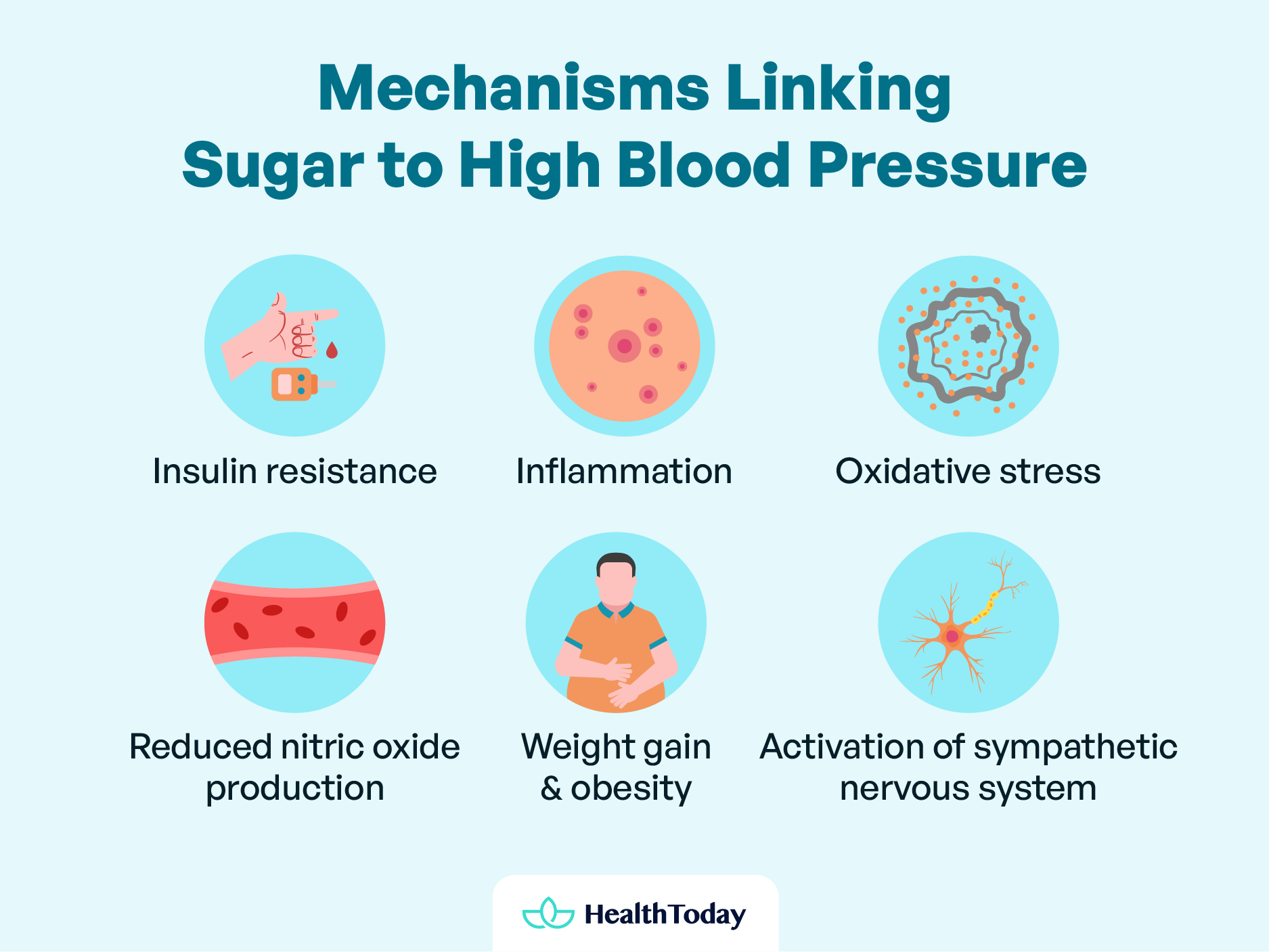

1. Insulin resistance
Insulin resistance is a major mechanism that links blood sugar levels to blood pressure. When you frequently consume sugar and refined carbs, the resulting spikes in blood glucose trigger your pancreas to release high amounts of insulin. Frequent spikes in insulin, known as hyperinsulinemia, can result in cells no longer responding to the hormone, which is called insulin resistance. The result is that cells do not uptake the sugar, and blood sugar remains elevated, resulting in even higher insulin secretion (7).
Insulin resistance is linked to elevated blood pressure through several pathways.
- For one, it promotes increased storage of fat, especially abdominal fat. This excess abdominal fat releases chemicals that can damage your blood vessels and disrupt blood pressure regulation (8). As these blood vessels become damaged, they become stiff, so your heart has to pump harder.
- In addition, insulin resistance can also affect pressure-regulating systems in the kidneys. When there is a disturbance in insulin signaling, the kidneys become less efficient. The kidneys have insulin receptors, and when insulin levels are high, this can result in the retention of sodium, which results in retaining more fluid. This leads to increased blood volume and puts a strain on the circulatory system, which contributes to elevated blood pressure over time (9).
- Furthermore, it can also activate the sympathetic nervous system, which releases stress hormones like cortisol. This hormonal response raises blood pressure in the short term and can contribute to chronic hypertension over time (10).
2. Inflammation
Another key culprit is inflammation, which is a result of excessive sugar consumption. Studies suggest sugar can activate immune cells, leading them to produce inflammatory messengers called cytokines (11, 12).
This inflammation damages the delicate lining of your arteries, reducing their elasticity and flexibility. As these arteries narrow, your heart has to work harder to pump blood, leading to increased resistance in blood flow. All these combined effects ultimately contribute to developing high blood pressure (13, 14).
3. Oxidative stress
Elevated levels of oxidative stress also link blood sugar and blood pressure. When blood sugar levels rise, the body starts generating more free radicals, unstable molecules that can harm cells. This leads to a condition called oxidative stress (15).
Increased levels of oxidative stress can damage the inner lining of your blood vessels, which is important for their proper functioning. This damage can make it harder for your blood vessels to relax, leading to higher blood pressure (16). Moreover, oxidative stress can also trigger the renin-angiotensin system, a complex process that controls blood pressure. If this system is overactive, it can lead to long-term high blood pressure (17).
A study on healthy adults revealed that those with metabolic risk factors, including high sugar intake, displayed elevated oxidative stress markers like high-sensitivity C-reactive protein (hsCRP) and decreased serum glutathione (GSH) (18). GSH is known as an antioxidant and can help make cellular repairs. Meanwhile, CRP is a marker for increased inflammation in the body. This oxidative imbalance and inflammation leads to endothelial dysfunction, ultimately contributing to high blood pressure.
4. Reduced nitric oxide production
Nitric oxide (NO) helps control blood pressure by relaxing blood vessels. Research suggests high sugar intake can hinder NO production and function, potentially contributing to high blood pressure (19).
When your blood sugar levels become high, a process called glycation occurs. This leads to the formation of harmful molecules called Advanced Glycation End-products (AGEs). This can damage the inner lining of blood vessels and reduce NO production. With less NO available, it’s harder for blood vessels to relax, leading to higher blood pressure (20).
5. Weight gain and obesity
High blood sugar levels can also lead to weight gain and obesity, which can significantly affect blood pressure. According to one study, researchers found a positive correlation between increasing BMI and increasing both systolic and diastolic blood pressure (21).
Consuming excessive sugar promotes fat accumulation and obesity over time, which are two major risk factors for high blood pressure. Body fat, especially visceral fat, secretes molecules like leptin that activate the sympathetic nervous system linked to blood pressure control (22). Moreover, extra weight increases cardiac workload and strain on blood vessels, raising blood pressure levels (23).
6. Activation of the sympathetic nervous system
Another mechanism by which blood sugar influences blood pressure is the activation of the sympathetic nervous system.
When you consume added sugars, especially in liquid forms like sodas, fruit juices, energy drinks, and sweetened beverages, your blood sugar levels rise rapidly. This prompts your pancreas to secrete high levels of insulin to remove glucose from your bloodstream. This sharp rise and fall in blood sugar and insulin can activate the sympathetic nervous system, elevating levels of stress hormones like cortisol and epinephrine (24). Short-term increases in these stress hormones cause a transient rise in blood pressure as part of your body’s normal fight-or-flight response. However, frequent and excessive blood sugar spiking or lability puts prolonged stress on the vascular system. Over time, chronic elevation of stress hormones due to unstable blood sugar levels may increase inflammation and cause structural changes to the arteries, raising blood pressure permanently (25).
In summary, high blood sugar levels activate insulin and inflammatory responses. This impairs vascular function by narrowing arteries and elevating pressure through multiple pathways over time.
It’s important to note that these mechanisms often work in concert, creating a complex interplay between sugar intake, insulin resistance, weight gain, inflammation, and blood pressure regulation. Understanding these underlying processes allows you to make informed dietary choices and adopt lifestyle modifications to protect your cardiac health.





High blood sugar and blood pressure relationship: Things you should know
Growing evidence suggests a strong link between high blood sugar levels and blood pressure.
Does high blood sugar cause high blood pressure?
The answer is yes. As discussed earlier, high blood sugar can contribute to high blood pressure (hypertension) through several mechanisms.
A Korean study examining new cases of hypertension diagnosed over seven years found that persons who had high fasting glucose levels, prediabetes, or a history of high cholesterol were at an increased risk of a new diagnosis of hypertension (26). The study identified blood glucose levels as an independent risk factor for hypertension and increased the risk of developing hypertension by 84 percent.
Another study examined the relationship between HbA1c levels over three years on hypertension risk, in persons who had no prior history of diabetes (27). HbA1c measures glycosylated red blood cells (hemoglobin) and is a good way to measure average blood sugar levels over the past 90 days. It found that elevated baseline HbA1c was not associated with hypertension risk. However, increases in HbA1c over three years were positively associated with an increased risk of hypertension. In other words, people whose blood sugar control worsened over time were more likely to develop hypertension.
Additionally, a meta-analysis of 14 studies linked high intake of sugar-sweetened beverages (SSBs) to small yet significant average elevations in systolic blood pressure (SBP) of 1.67 mmHg among children and adolescents (28). Children and teens who consumed greater amounts of sugary drinks faced a 1.36 times higher likelihood of hypertension compared to lower consumers. The findings suggested a dose-dependent relationship where higher SSB intake corresponded to higher SBP and hypertension risk.
Does diabetes affect blood pressure?
The short answer is yes. Diabetes often goes hand in hand with hypertension due to their inherent relationship. According to the World Health Organization (WHO), up to 60 percent of people with diabetes also have hypertension (29).
Here are some ways through which diabetes can affect blood pressure:
- Chronic high blood sugar from poorly managed diabetes accelerates atherosclerosis (thickening of the arteries) and arterial stiffening, making your blood vessels less elastic over decades (30).
- Fluctuations in insulin levels accompanying unstable blood sugar levels trigger sympathetic nervous system imbalances, transiently raising blood pressure (31).
- Insulin resistance and obesity, common diabetes complications, significantly amplify hypertension risks through mechanisms described earlier.
- Certain diabetes medications like glucocorticoids, used to manage inflammation linked with diabetes, can elevate blood pressure as a side effect in some patients (32).
Therefore, maintaining blood sugar levels plays an essential role in both preventing and managing hypertension for those with diagnosed diabetes or prediabetes. This also helps to reduce the risk of other heart diseases.





Low blood sugar and blood pressure relationship
On the other side of the spectrum, acute drops in blood sugar or hypoglycemia can potentially influence blood pressure levels as well.
Can low blood sugar affect blood pressure?
Surprisingly, the answer is yes. When your blood sugar drops too low (below 70 mg/dL), your body releases stress hormones like adrenaline. These hormones increase your heart rate, causing your blood vessels to constrict, resulting in a temporary spike in blood pressure (33).
According to research, hypoglycemia may be an independent risk factor for cardiovascular problems and all-cause mortality. In a study of 1200 people with diabetes, in the three years after a severe hypoglycemia event, 10.8 percent of people had a new diagnosis of coronary heart disease, and 28.3 percent died (34). Another prospective cohort study indicated that episodes of hypoglycemia in patients with diabetes result in uncontrolled arterial hypertension. This is due to the activation of the sympathetic system and the release of stress hormones (35).
However, the increases in blood pressure are transient, often resolving as blood sugar stabilizes.
Long-term effects of low blood sugar on blood pressure
While the short-term effects of low blood sugar on blood pressure may be transient, the long-term consequences of recurrent hypoglycemia are less clear. There’s a lack of robust research definitively linking frequent episodes of hypoglycemia to an increased risk of high blood pressure over time. However, some studies suggest a potential connection.
Chronically low blood sugar can damage blood vessels and nerves throughout the body. This damage can contribute to various cardiovascular complications, including:
Reduced blood vessel elasticity: Damaged blood vessels become less flexible and more resistant to blood flow, potentially leading to high blood pressure in the long run.
In a small study, researchers examined non-diabetic patients with an insulin tolerance test to evaluate how hypoglycemia affects blood vessels (36). They noticed significant drops in blood sugar were associated with increased blood pressure, heart rate, and hormone levels, particularly adrenaline. Importantly, the function of blood vessels worsened after the test, and this decline was linked to the rise in adrenaline (37).
Increased inflammation: Chronic low blood sugar may contribute to inflammation, another risk factor for cardiovascular issues, including hypertension (38).
Research showed that insulin-induced hypoglycemia activates the immune system and increases the risk of atherosclerotic disease. Researchers observed that inflammatory markers, such as hs-CRP and circulating inflammatory proteins, remain elevated for one week after hypoglycemia. These responses to hypoglycemia are similar in people with or without type 2 diabetes (39).
That is why effectively managing blood sugar levels is crucial for anyone with diabetes or conditions that can cause hypoglycemia. This helps minimize the risk of complications, including potential effects on blood pressure.
Practical tips to manage high blood pressure
While maintaining blood pressure requires proper care and treatment, here are some practical tips to help you manage the condition.
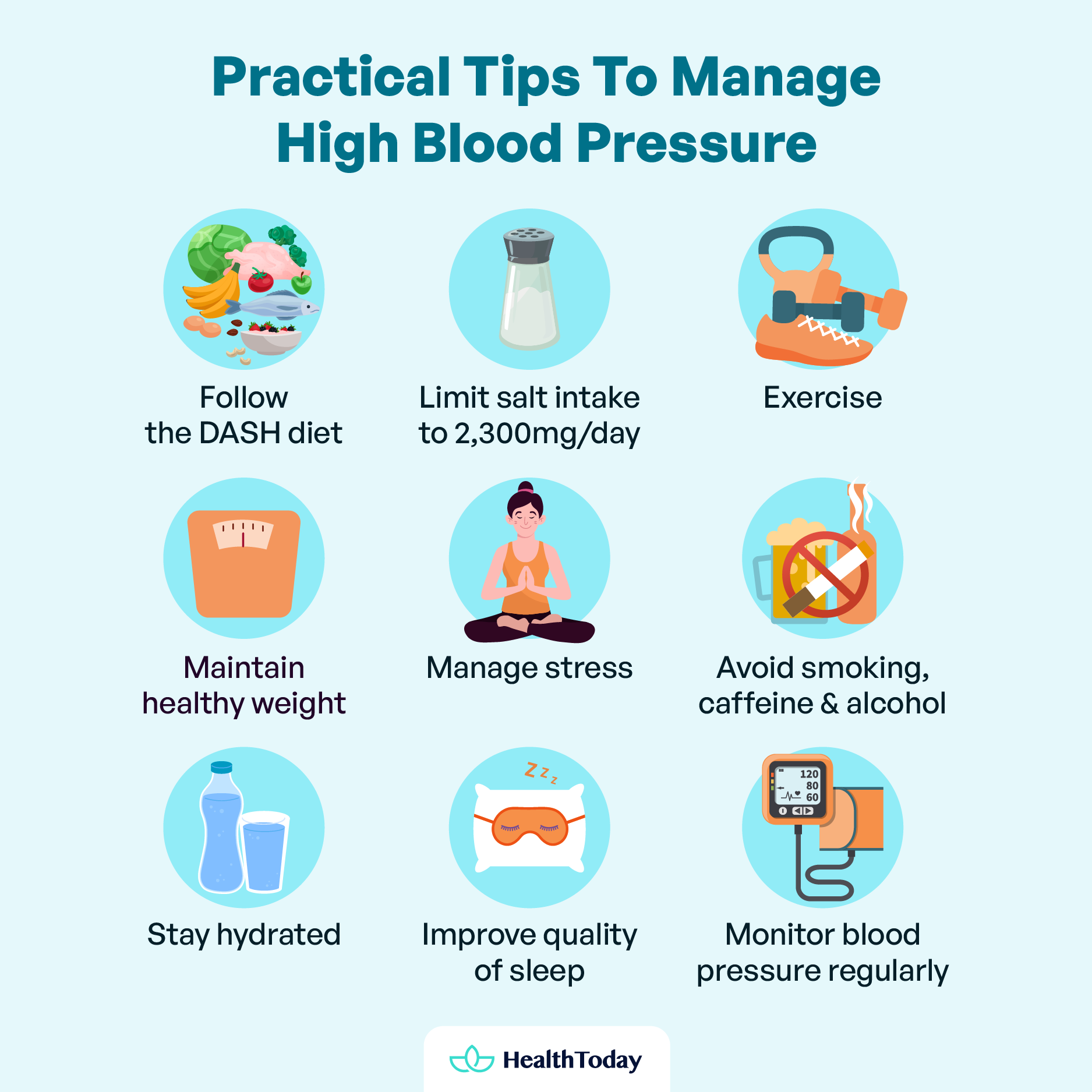

Follow strict dietary habits
- Limit added sugar and refined carbohydrate intake to less than 10 percent of daily calories. Opt for whole, minimally processed carbohydrates (40).
The American Heart Association (AHA) advises that women should limit their daily added sugar intake to 6 teaspoons (25 grams), while men should aim for no more than nine teaspoons (38 grams) per day (41). As for children and teens, AHA recommends less than six teaspoons of added sugar daily (42).
- Follow a heart-healthy diet containing fruits and vegetables, whole grains, lean proteins, and low-fat dairy. The Dietary Approaches to Stop Hypertension (DASH) diet is effective in lowering blood pressure (43).
- Always read food labels to identify hidden sugars in products. Be aware of alternative sugar names like sucrose, fructose, and corn syrup. Always choose low-sugar alternatives whenever possible.
- Limit sodium intake to no more than 2,300mg (1 teaspoon) per day (44). Be especially wary of canned, packaged, and restaurant foods high in hidden sodium. Gradually introduce lower-sodium spices and sauces instead.
Do physical activity
- Aim for at least 30 minutes of moderate exercise, like brisk walking, on most days.
- Try strength training exercises twice a week to help manage stress and weight.
- Just 150 minutes of moderate activity per week or 75 minutes of vigorous activity can provide benefits (45).
Manage your weight
- Monitor your weight and body mass index.
- Losing even a small amount of weight through diet and exercise can help lower blood pressure if you are overweight or obese.
Manage stress
- Make time to relax through activities like yoga, meditation, deep breathing, or other stress-reducing practices.
- Mindfulness-based activities help lower blood pressure (46).
Other tips
- Avoid smoking, caffeine, or alcohol consumption.
- Drink plenty of water throughout the day to stay hydrated.
- Aim for at least 7 to 8 hours of quality sleep each night. Poor sleep habits may contribute to elevated blood pressure levels (47).
- Monitor blood pressure at home and see your doctor regularly for medical guidance if you have any concerns.
Is sugar bad for blood pressure?
Yes, sugar can have serious negative effects on blood pressure. High intake of added sugars increases the risk of blood pressure through various mechanisms, including insulin resistance and inflammation.
Can a low vitamin D level affect blood pressure?
Yes, low vitamin D levels can raise the risk of high blood pressure (48). Vitamin D helps regulate calcium levels in the body, which is important for blood pressure control. Vitamin D deficiency may disturb the functioning of the renin-angiotensin system, which regulates fluid balance and arterial pressure.
How to test your blood sugar level?
A glucometer is used to test blood sugar levels. A small blood sample is drawn from your finger through pricking and placed on a test strip. This strip is then inserted into the meter. The meter reads blood glucose levels in mg/dL or mmol/L.
Which is worse for blood pressure, sugar or salt?
Both high sugar and salt intake can elevate blood pressure. Consuming too much salt leads to water retention, which raises blood volume and blood pressure. On the other hand, sugar contributes to inflammation, insulin resistance, and obesity, which leads to high blood pressure.
What foods help lower blood pressure?
Several foods have been found to help lower blood pressure. These include:
-Citrus fruits like oranges and lemons
-Leafy greens like spinach
-Fatty fish like salmon
-Nuts and seeds
-Legumes
-Berries
-Foods rich in potassium and magnesium
-Foods high in flavonols, including berries and apples
Staying hydrated with water can also lower blood pressure within 30 minutes.





Summary
So, the answer to the burning question “Does sugar affect blood pressure?” is yes, although this connection is complex. Both too high or too low sugar can affect blood pressure. Consuming high amounts of sugar can increase blood sugar levels, damage blood vessels, and increase blood pressure.
While high blood sugar can contribute to the development of hypertension, low blood sugar can also temporarily impact blood pressure. That’s why it’s important to follow a healthy and balanced diet and keep an eye on your sugar levels. Also, remember to monitor your blood pressure regularly and consult a healthcare professional for personalized advice. Stay informed and stay healthy!









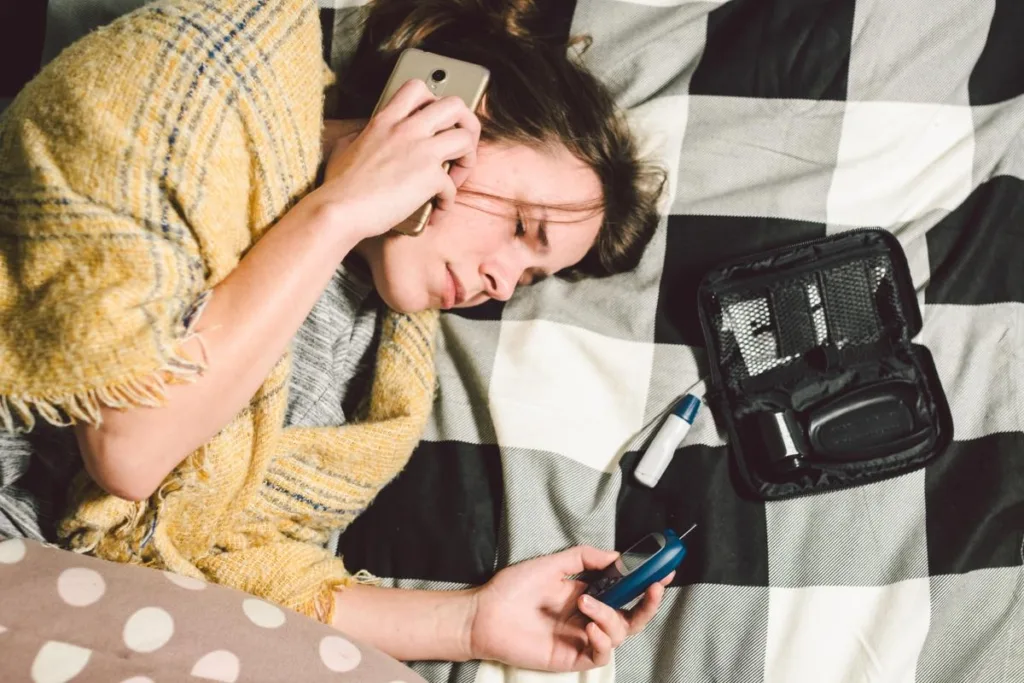
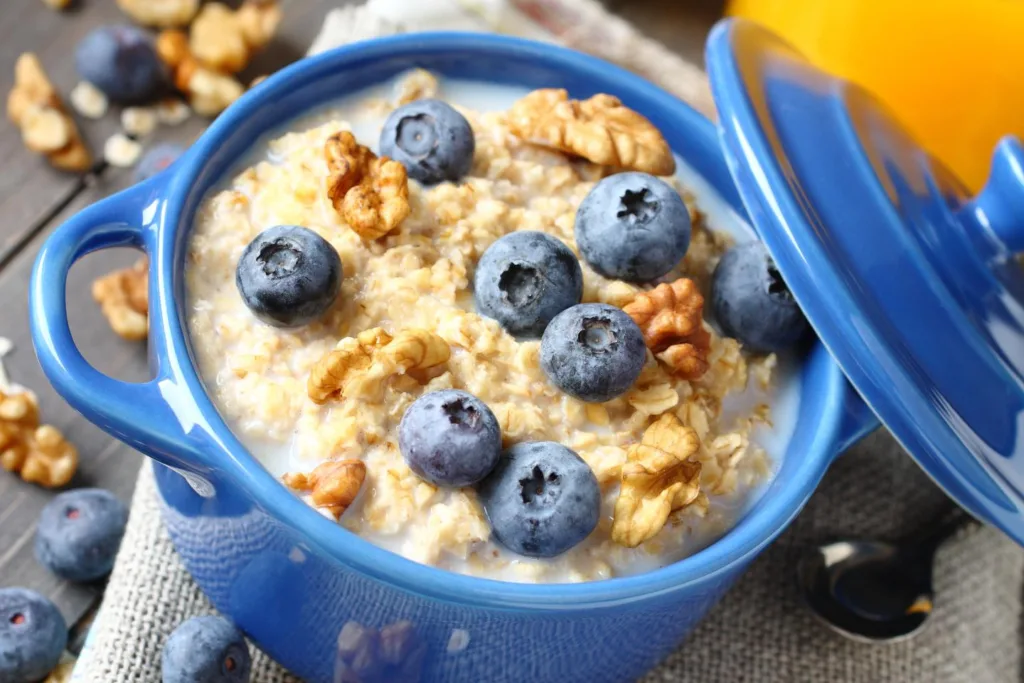
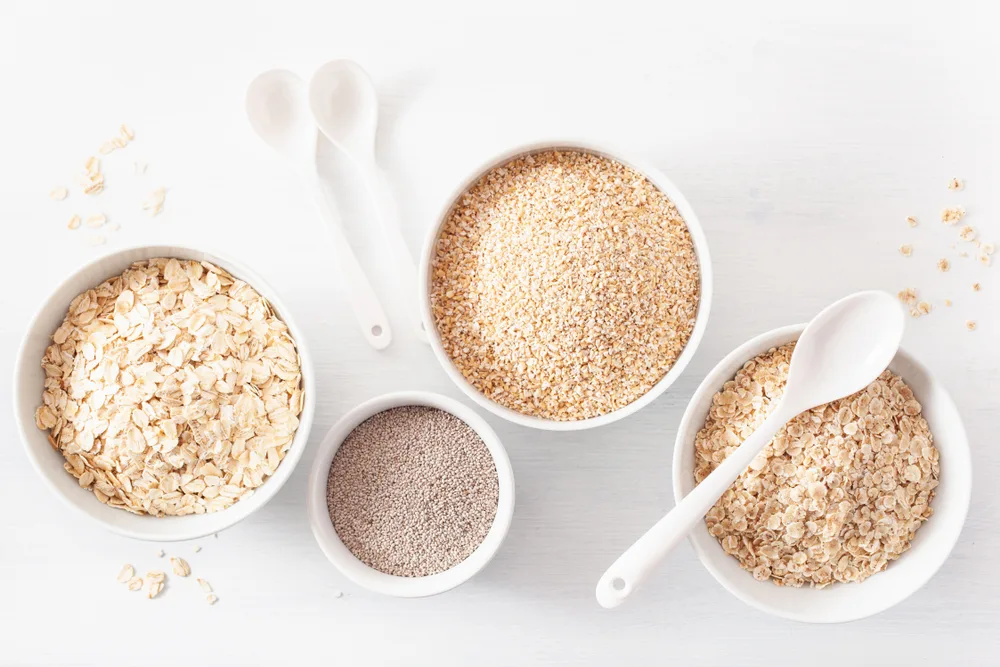
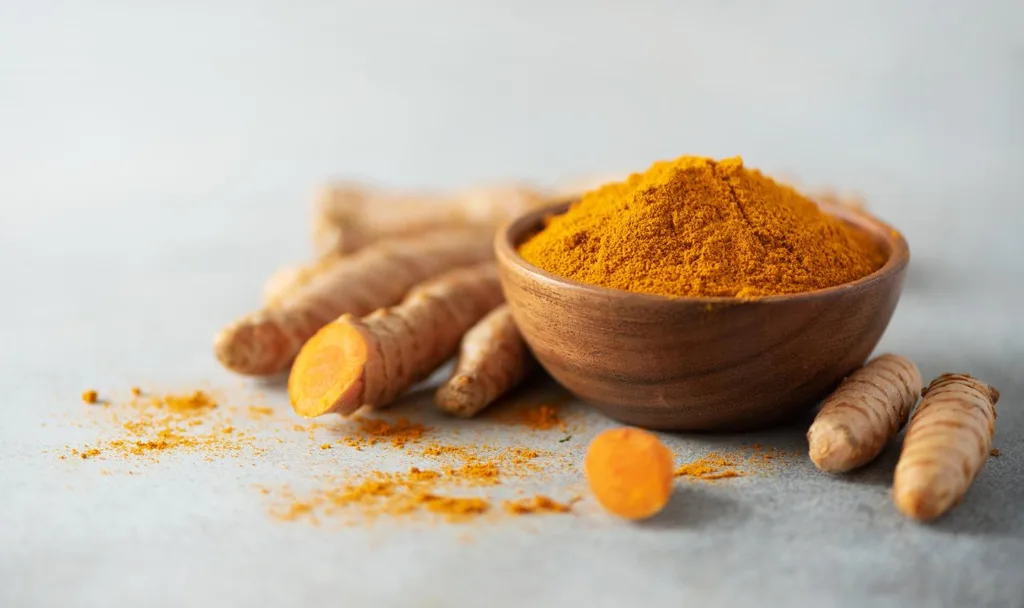




Comments
0